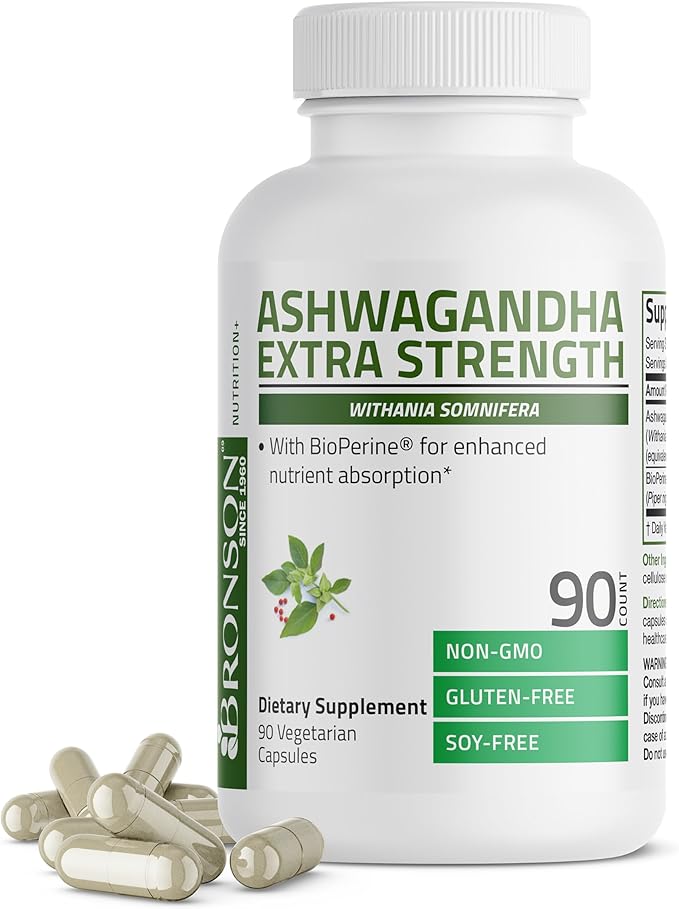Can you take Alpha Linolenic Acid and Ascorbyl Palmitate together?
Interaction Details
Taking Alpha Linolenic Acid and Ascorbyl Palmitate together has the potential for good synergy, suggesting a rating of 4 out of 5.
Alpha Linolenic Acid (ALA), an omega-3 fatty acid, and Ascorbyl Palmitate, a form of Vitamin C, can work together in the body to enhance antioxidant activity and potentially support heart health. ALA is involved in reducing inflammation and improving heart health by lowering triglycerides and blood pressure. Ascorbyl Palmitate, being a fat-soluble form of Vitamin C, can effectively neutralize free radicals in cell membranes, thereby protecting cells from oxidative damage. When taken together, Ascorbyl Palmitate may help in recycling and enhancing the antioxidant activity of other antioxidants in the body, including possibly those influenced by ALA. This synergistic effect could amplify the overall antioxidant capacity of the body, potentially offering enhanced protection against oxidative stress and inflammation-related diseases. The fat-soluble nature of Ascorbyl Palmitate allows it to integrate into cell membranes and possibly support the effects of ALA in those environments.
Potential Benefits
Potential Risks
Related Studies
Alpha Linolenic Acid
Alpha-Linolenic Acid (ALA) is an omega-3 fatty acid found in plant-based foods such as flaxseeds and walnuts. It is considered an essential fatty acid because the human body cannot produce it on its own.
Some benefits of ALA include supporting heart health and reducing inflammation.
Ascorbyl Palmitate
Ascorbyl Palmitate is a fat-soluble form of vitamin C, also known as vitamin C ester, which is more stable and has a longer shelf life than water-soluble vitamin C.
